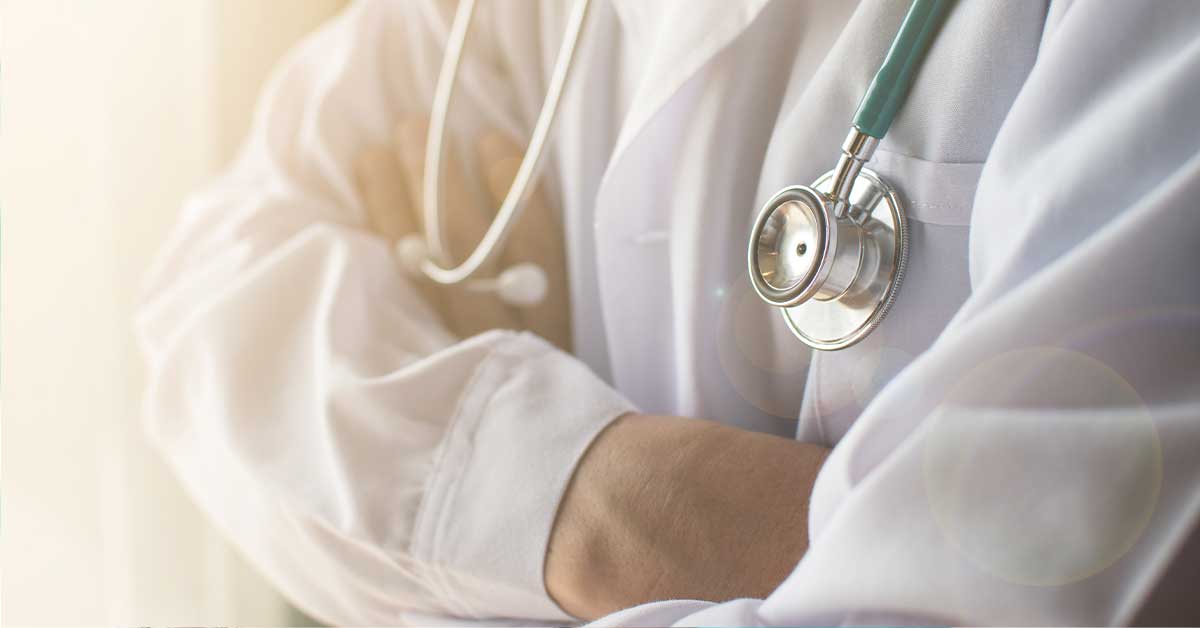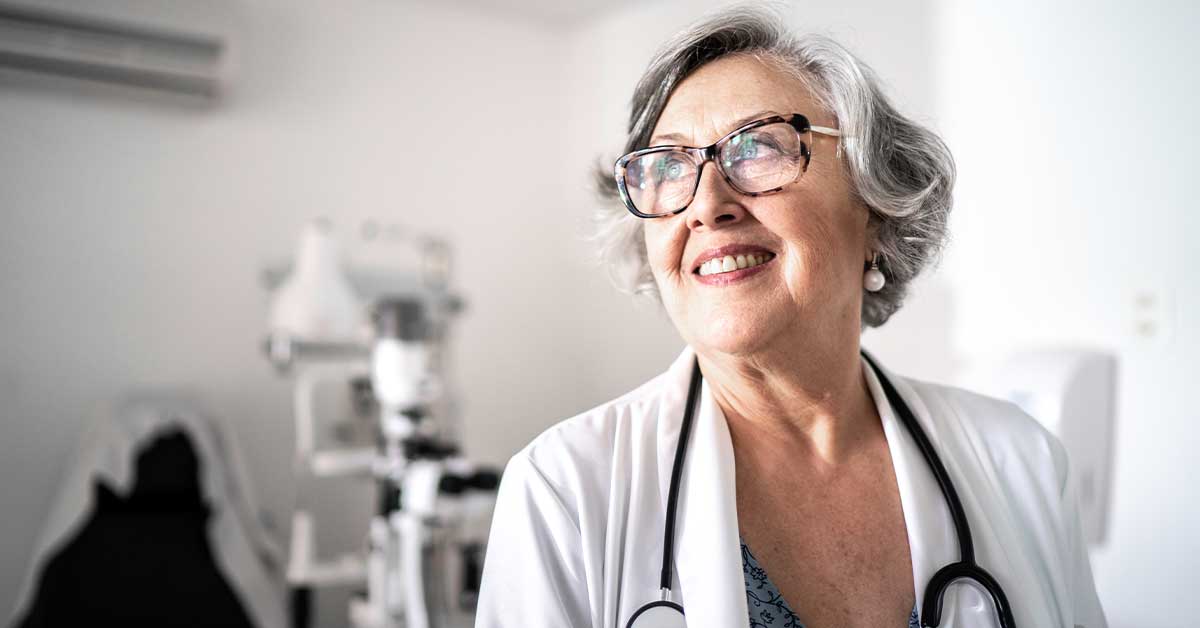It’s clear that COVID-19 has changed our world.
The days are more stressful as we respond to challenges we’ve never faced before. Many people find that sheltering in place is a challenge in itself. Long days offer more time for self-examination and worry about what the future holds.
Speaking for myself, I’ve spent much of the time listening.
Heroes in our midst
Over the past few weeks, I’ve spoken with physicians and other healthcare leaders who are tirelessly working during the pandemic. Their stories are amazing—heartbreaking, stressful, yet encouraging in the emotion, commitment and collaboration all these individuals share.
While our recruiting work goes on at Jackson Physician Search, we’re sharing these stories in a series of online interviews to show how COVID-19 is impacting the physicians and healthcare leaders we work with.
Professional impact
First and foremost, the pandemic is taking doctors far outside their comfort zones.
Dr. Gene C. Liu, president of Cedars-Sinai Medical Group and an ENT practicing at Cedars-Sinai Medical Center in Los Angeles, says one of the biggest challenges for him as a surgeon is not being able to charge in and fix a problem like removing tonsils or straightening a septum.
“There’s not that instant gratification,” he says. “You’re really a bystander, making sure patients get enough oxygen … giving their bodies the medical support they need to fight the bug.”
Dr. Richard Bowe, an anesthesiologist for nearly 32 years with Phoebe Putney Medical Group in Albany, Ga., also found himself transitioning to a completely different clinical role when COVID-19 cases rose to alarming levels in the town of 80,000.
With elective surgeries on hold, Dr. Bowe has joined other anesthesiologists and nurse anesthetists in helping to staff one of the two new ICUs created to handle the influx of the critically ill.
Family impact
With his wife and children away from Albany to avoid possible infection, Dr. Bowe finds the loneliness compounds the challenge. “It’s a challenge to see these patients as sick as they are, and then coming home to an empty house at night, trying to decompress without having anybody to talk with.”
For Dr. David M. Gonzalez, an interventional cardiologist in a program that has saved countless lives over the last decade at Portneuf Medical Center in Pocatello, Idaho, it’s a similar story of living at home alone, away from his wife and family of seven children. He acknowledges it’s part of the new reality.
Dealing with fear
“Every time you go to the hospital, there is an element of fear and anxiety that strikes you before you walk in,” Dr. Gonzales says. “The biggest thing is dealing with your own fears. Not only for yourself, but also that you could spread it [the virus] to your family or someone else.”
Making it particularly difficult is working in the protective gear and the discomfort of the N95 masks. He manages the stress by keeping to his exercise routine and starting each day with a stop at the coffee shop where he has been a customer for 14 years. “It’s nice to see some smiling faces first thing in the morning.”
Cory Ferrier, executive of business development with Adventist Health in Los Angeles, says he’s been amazed by the ingenuity the hospital’s physicians have shown in the face of fear and uncertainty. “I had no idea how many of our physicians had 3-D printers at home,” he says. Working together, the physicians used the printers to build intubation kits that protect clinical teams from aerosolization during the intubation procedure.
Recruiting impact
Ferrier says recruitment is on stand-by at the hospital, but that doesn’t mean he isn’t reaching out to candidates via Zoom, Skype or Facetime. “I’ve learned whenever there is a change or shift or a disaster, that’s where the most opportunity is. While we might not be able to send a contract to a physician now, I make sure they know when this settles, we’ll be able to make them an offer.”
Dr. Gonzales predicts the pandemic might bring more doctors to rural areas. He has recently recruited a new doctor from New York who will start in July. Working in a big city hospital dealing with a severe outbreak, the physician “can’t wait to get out,” Dr. Gonzales says. “He’s worried for his family. He can’t get here fast enough.”
Financial impact
The financial side of the crisis is harrowing, too.
In Albany, Dr. Bowe says, “We don’t know what reimbursement will be like for these COVID patients. The health system has taken an attitude of ‘we’ll work that out later and take care of people first,’ and I agree with that completely.”
Instead of furloughing staff, the system has them taking temperatures at hospital entrances and cleaning computer keyboards and door handles, so they’ll be ready to resume their normal jobs when the crisis subsides.
Despite the challenges, Dr. Bowe says he finds rewards in what he is doing today. “I can’t imagine doing anything differently than what I’m doing now,” he says.
A lesson in sacrifice, a reason for hope
As I speak with these physicians and other healthcare leaders, I’m humbled by the stories of courage and sacrifice I hear. They’re giving up family time, sleep and personal safety to ensure our healthcare system keeps moving forward.
Listening to them gives me hope.
May it do the same for you.











